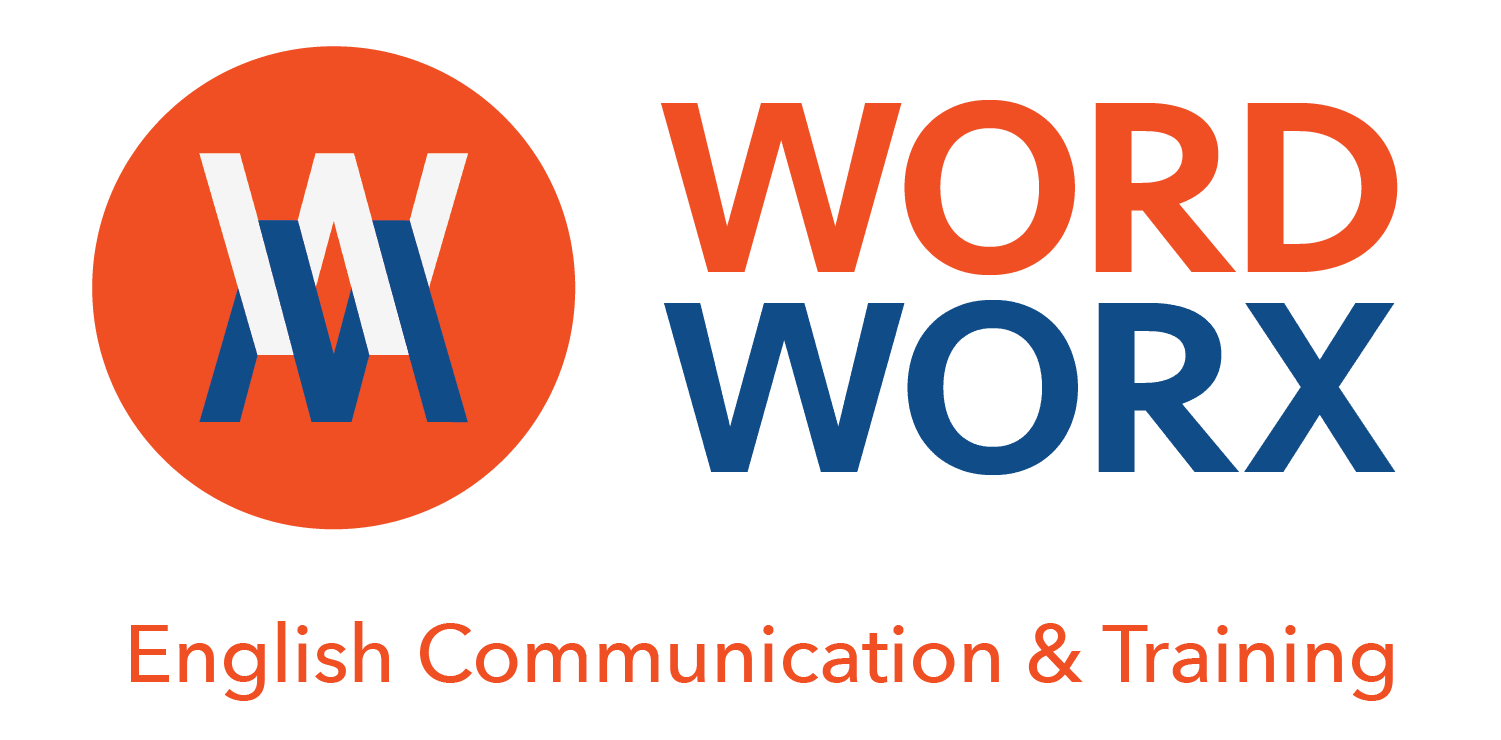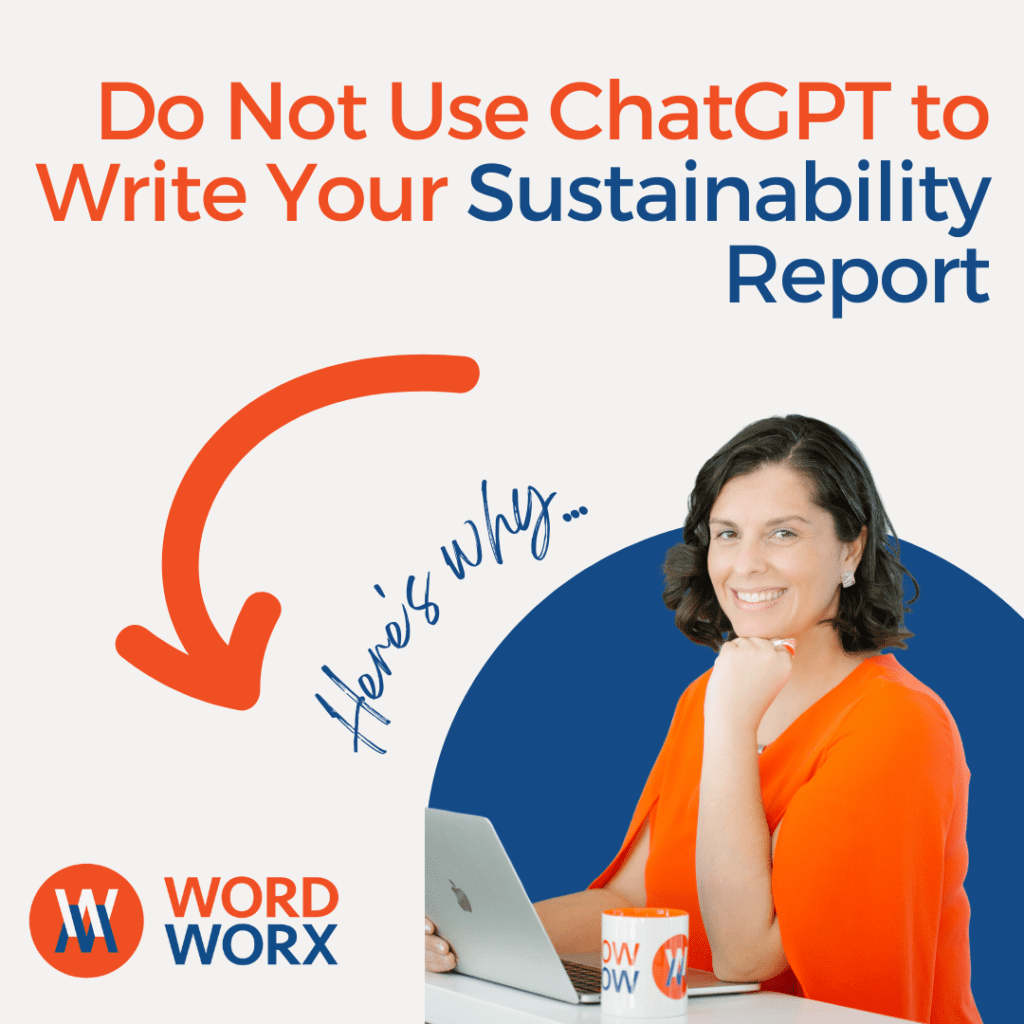Writing a Sustainability Report? If you work in Corporate Communication, you might’ve asked yourself whether ChatGPT could write any of your corporate reports, including your upcoming sustainability report. Just imagine — this would make our lives far easier (yours and mine!).
The answer depends on how much you value artificial intelligence and if you deem it capable of writing a full and consistent document. However, I personally find the latter questionable.
After nearly two decades in corporate communication, I believe ChatGPT is an amazing tool that must be used cautiously, especially regarding official corporate reporting.
Here’s Why You Should Not use ChatGPT to Write Your Sustainability Report:
- Using ChatGPT to write your sustainability report may eventually devalue your SEO and rankings in Google. Google is already devaluing AI-written reviews, and who knows if, at a later stage, AI-written reports that are being indexed may no longer rank as they may be considered inauthentic and spammy. Don’t do it if you value your company’s website, rankings, and overall brand image.
- ChatGPT is used by millions of others who have the same idea and may want generic material for their reports. Rather opt for authenticity and overall brand distinctiveness by getting your reports written and compiled by a proper sustainability writer.
- ChatGPT cannot (yet) write entire reports but can write sections or bits. I do not advise it to write entire pages or chapters. Having tested the tool extensively, it is useful to help structure introductions and conclusions of reports, and it can no doubt provide ideas for headlines throughout. But I definitely wouldn’t use the output as is. Any output generated by ChatGPT should be amended, and the overall document needs to be thoroughly checked for coherency and consistency if you do. Rather use it for reworking or synthesising paragraphs and then improving them yourself.
- ChatGPT can produce paragraphs and chapters even, but the coherency between these chapters will be lacking, so compiling an entire report with AI is a no-go. You really need someone who is an expert in communication and writing to project manage and oversee the entire document.
- ChatGPT waters things down and loses the details. I’ve plugged in many a text to find the outcome boring, general, and lacking all the originality and details of the initial text I inputted. As humans, we bring amazing nuances and authenticity to our writing, which isn’t possible to such an extent with AI. For example, a recent sustainability report I wrote included first-person narratives derived from online interviews. Such conversational language contained therein is difficult for AI to reproduce or improve even when provided with initial input. I experimented to see whether AI could improve my first-person story in places, and only occasionally, it did provide somewhat better wording. Still, it couldn’t capture the overall story in a better way than I had done.
There are loads of other reasons to be cautious, of course. However, in the spirit of embracing AI, I urge you to play around and discover ChatGPT and other AI tools and see whether they can benefit your work and may be useful in writing a sustainability report. Having written various corporate reports and extensively tested ChatGPT, I have doubts.
However, I believe the tool can be fundamental in producing a range of other communication material, such as draft social media updates for the sustainability report’s launch or even scripts for videos on sustainability in your organisation. Again, with whatever AI produces, I always urge writers to make it their own, bring their originality to the text, and triple-check the facts and details produced by AI before publishing.
Have you written a sustainability report or any corporate report with the help of AI? I’d love to hear more. Please share your comments below or drop me a line at: info@elizabethjoss.com.

